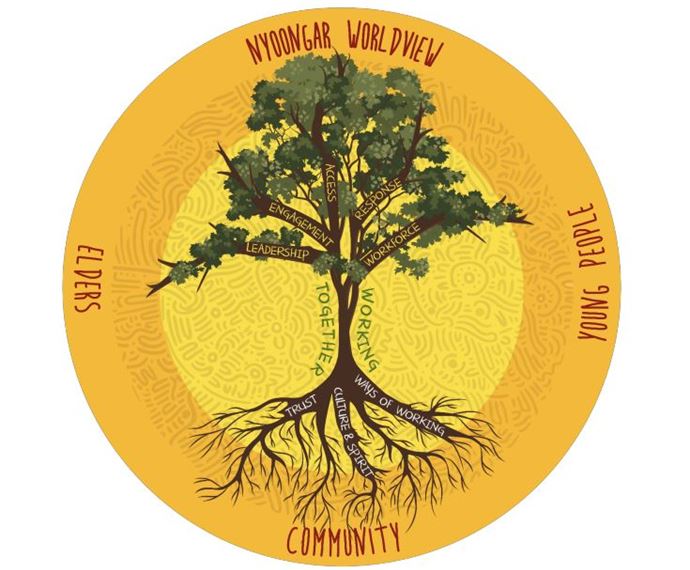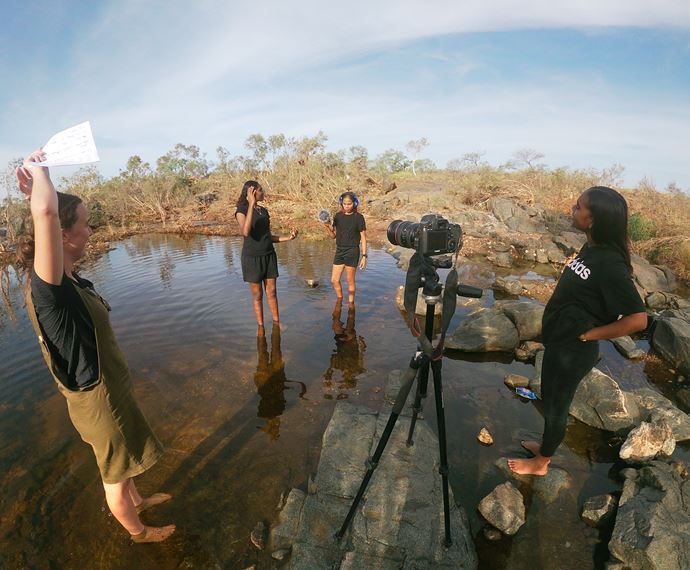Rehoming dogs in Geraldton and the Mid-West
Founded in 2002, Geraldton Dog Rescue rehomes dogs from the City of Greater Geraldton’s Animal Management Facility, and other abandoned or surrendered dogs from the greater Mid-West region. For the first 17 years of its operation, Geraldton Dog Rescue provided care for dogs from the private homes of volunteers, and with the support of a local veterinary clinic.
Towards the construction of a new facility for the care and rehoming of rescued dogs in Geraldton.
Geraldton Dog Rescue Inc.
9/24/2019
$625,000
Lotterywest
$400,000
Mid West
General community
- Bringing together all Geraldton Dog Rescue operations in one location.
- More efficient management of volunteer work in rehoming dogs.
- Creation of a space for community education for animal health and wellbeing.
- Rigorous development of plans and budgets ahead of time.
- Engaging specialists to support project delivering.
- Planning for future growth by thinking larger than actual needs at the time of grant application.
- Keeping track of the history and development of the project.
- Managing close collaborations with many stakeholders was challenging, but ultimately resulted in better project outcomes.
Opportunity
Between 2002 - 2019, Geraldton Dog Rescue (GDR) operated out of private homes and a room at the Sandford Veterinary Clinic. By 2018, GDR was rescuing over 300 dogs annually, responding to requests locally, and from across the wider Mid-West region. In addition to rehoming dogs, GDR also supports foster care for dogs while owners deal with personal circumstances that prevent them from providing care to their animals.
Increasing community demand for its services, and a growing number of animals being surrendered or abandoned meant the organisation needed a purpose-designed space of its own. This would allow GDR to increase its capacity, and better support volunteers in their work for the Geraldton community.
Approach
GDR began the project thinking they might be able to use previously purchased transportable buildings, however these were unable to fit on the land the City of Greater Geraldton had earmarked for them. For the transportable buildings to work, significant modifications would need to be made. GDR was advised they would be able to build a new brick building for a similar cost. A new building also presented the opportunity to be designed specifically for their purpose allowing it to better accommodate the rescued dogs as well as the needs of the organisation now and into the future.
Many years of research and ideas resulted in a sketched building plan, which the GDR team then formalised with a draftsperson and builder. After growing organisational reserves and locking in a 20-year lease on the site from the City of Greater Geraldton, a $400,000 Lotterywest grant was secured to commence building and fit out of a fit-for-purpose facility to support GDR’s operations.
The new building was designed with two distinct sections. One to support the care of animals, along with community education areas. The second area would be dedicated to the administrative work of the volunteers to secure, foster, and re-home animals, including a universal access bathroom and office for volunteers to meet.
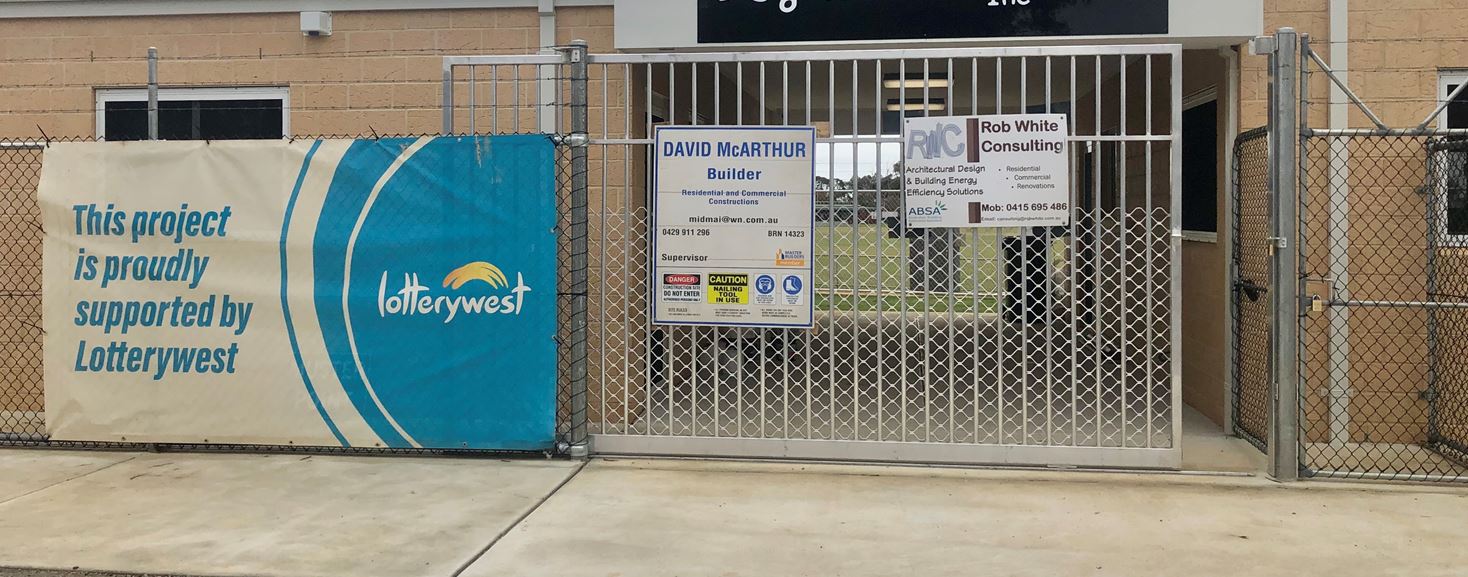
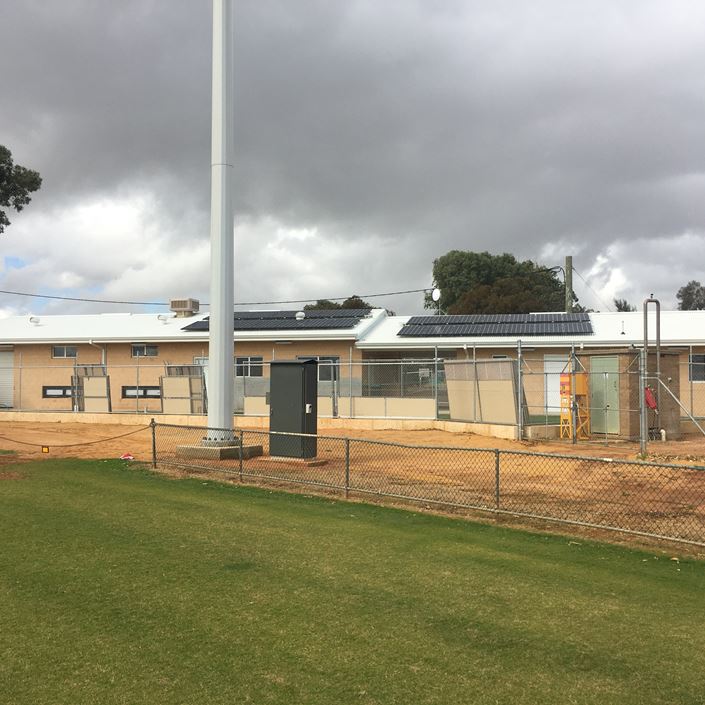
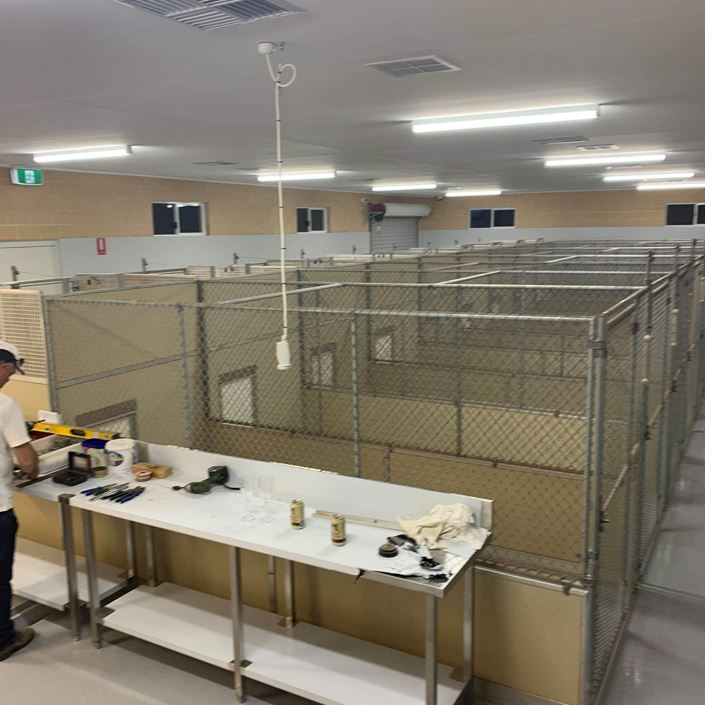
Impacts and outcomes
Bringing together all GDR operations in one location has been the key outcome of the project. With the opening of the new venue, GDR now have a home where they can safely care for the dogs, store equipment, materials and consumables, host meetings, and have a veterinarian attend to provide care.
A significant amount of volunteer work is required to promote and match dogs to applicants. Having the space for dogs to be kennelled in the facility enables a more efficient management of this aspect of the organisation’s workload. It also has created space for community education, enabling volunteers to build community knowledge and awareness of animal health and wellbeing.
Importantly, the new building is also a comfortable, welcoming place for volunteers to work, allowing them to provide the necessary care and support for dogs waiting to be rehomed, and community members interested in adopting or fostering dogs.
What worked
Plan in advance and engage specialists
Rigorously developing plans and budgets ahead of time and being clear on what was required was key to the success of the project. Engaging a knowledgeable and hands on project manager who led the communication with builders, drafts-people, and the local government supported the GDR team in delivering a project that was able to significantly enhance the organisation’s normal operations.
Plan for growth
GDR were brave in the development of their new home and thought bigger than their actual needs at the time of application, acknowledging potential future need. This has allowed them to grow into the facility, and increase their capacity in rehoming dogs from the Animal Management Facility.
Key challenges
Understand the history of the project
As a volunteer led organisation, this project has been running for several years and has involved many different contributors, resulting in a broad history of ideas, aspirations, and project planning to manage. While a challenge in a volunteer led organisation, documenting this history can be a good resource to call on through project delivery.
Know your stakeholders
When working on projects incorporating multiple stakeholders with different drivers and contributions to make, keeping close collaboration at the heart of the project is key. This can be challenging given the management work involved, but ultimately results in a better project, and better outcomes.
Learn about wellbeing
Understand how your community is going to help you to better target and plan your project.
Ready to plan your project?
Understand your vision, plan your impact and report on the outcomes of your project with three easy interactive tools in the Community Impact Planner.
Acknowledgement of Country
The Western Australian Community Impact Hub acknowledges and pays respect to the Traditional Owners of the land on which we are based, the Whadjuk people of the Noongar Nation and extends that respect to all the Traditional Owners and Elders of this country. We recognise the significant importance of their cultural heritage, values and beliefs and how these contribute to the positive health and wellbeing of the whole community.
